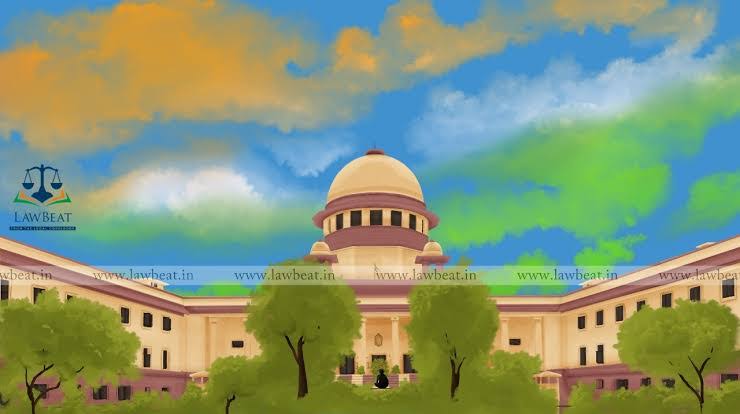Supreme Court refuses to pass interim order in plea by NCLT Bar Association

A Supreme Court bench of Justices Ravi Kumar and Sudhanshu Dhulia today refused to pass interim orders in a plea by National Company Law Tribunal Bar Association challenging the notification that fixed the tenure of National Company Law Tribunal Members at 3 years .
The Bar Association had moved an urgent application contending that in absence of an interim order, some of the appointees would have to demit office in July 2022. The contention of the Bar Association is that the tenure should be a period of five years.
The bench has now posted the matter for final hearing in July. During the hearing, Court asked the counsels for the petitioner as to what is the locus standi of the Bar Association to challenge the notification of the year 2019 whereby members were appointed to the NCLT. Court further pointed out that the persons appointed to the tribunal have not challenged the notification and they accepted their appointment with open eyes.
Further, the Ministry of Corporate Affairs has filed an affidavit stating that the tenure of appointment of some individuals can never be a subject matter of a public interest litigation. It has been highlighted that the individuals who are affected have not only consciously accepted the tenure prescribed in the appointment order but also have not chosen to initiate any proceedings to challenge it.
The MCA has contended that a committee headed by the Chief Justice of India, on the basis of the inputs in the report on the character and antecedents, on work performance and suitability by the President of NCLT, the Central Government decided to revise the term of the two Judicial and six Technical Members of NCLT, who were appointed in 2019 for a period of three years to 5 years.
Solicitor General Tushar Mehta appeared for MCA and argued on the maintainability and locus standi aspects. Senior Counsels Sanjiv Sen and VK Chaudhary appeared for the Bar Association and contended that the early leaving of the members will leave several seats vacant which will lead to the pendency of the matters.
In addition to this, it was further argued that the notification is in violation of the Supreme Court judgment in Madras Bar Association Vs. Union of India & Anr. wherein it was said that the tenure shall be 5 years for the members.
Court, on hearing their submissions, observed that it is of the view that the first question that has to be considered is the locus standi of the Bar Association to challenge the notification of the year 2019 whereby persons were appointed to NCLT.
However, since none of the appointees under the notification have challenged it and accepted it with open eyes, the matter relating their right to continue beyond three years can be considered in writ petition itself provided the issue of locus standi is answered in favour of the Bar Association, Court added.
The matter is likely to come up on July 20, 2022.
Case title: NCLT Bar Association Vs Union of India
